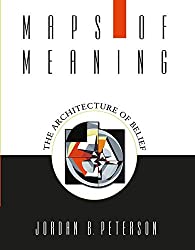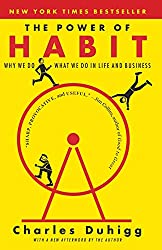
Rating: 8.2/10.
Jordan Peterson’s new book that quickly hit #1 on the bestsellers lists after being released this year. He’s famous around UofT for speaking out against social justice warriors, but [redacted] told me that he’s got a lot of interesting videos on philosophy of how to live your life. This book summarizes a lot of these ideas into a single book form, in the form of 12 “rules” to live by, in order to live a good and meaningful life.
These ideas are the most interesting and novel to me:
- Dominance hierarchy: humans (especially men) instinctively place each other on a hierarchy, where the person at the top has all the power and status, and gets all the resources. Women want to date guys near the top of the hierarchy, and men near the top get many women easily while men at the bottom can’t even find one. Therefore, it’s essential to rise to the top of the dominance hierarchy.
- Order and chaos: order is the part of the world that we understand, that behaves according to rules; chaos is the unknown, risk, failure. To live a meaningful life is to straddle the boundary between order and chaos, and have a little bit of both.
- When raising children, it’s the parents’ responsibility to educate them how to behave properly to follow social norms, because otherwise, society will treat them harshly and this will snowball into social isolation later in life. Also, they should be encouraged to do risky things (within reason) to explore / develop their masculinity.
Some of the other rules are more obvious. Examples include: be truthful to yourself, choose your friends wisely, improve yourself incrementally rather than comparing yourself to others, confront issues quickly as they arise. I guess depending on your personality and prior experience, you might find a different subset of these rules to be obvious.
Initially, I found JP to be obnoxious because of the lack of scientific rigour in his arguments, he just seems convincing because he’s well-spoken. The book does a slightly better job than the videos in substantiating the arguments and citing various psychology research papers. JP also has a tendency to cite literature; when he goes into stuff like bible archetypes of Christ, or Cain/Abel, then I have no idea what he’s talking about anymore. The book felt a bit long. Overall still a good read, I learned a lot from this book and also by diving deeper into the psychology papers he cited.




1 thought on “12 Rules for Life by Jordan B. Peterson”